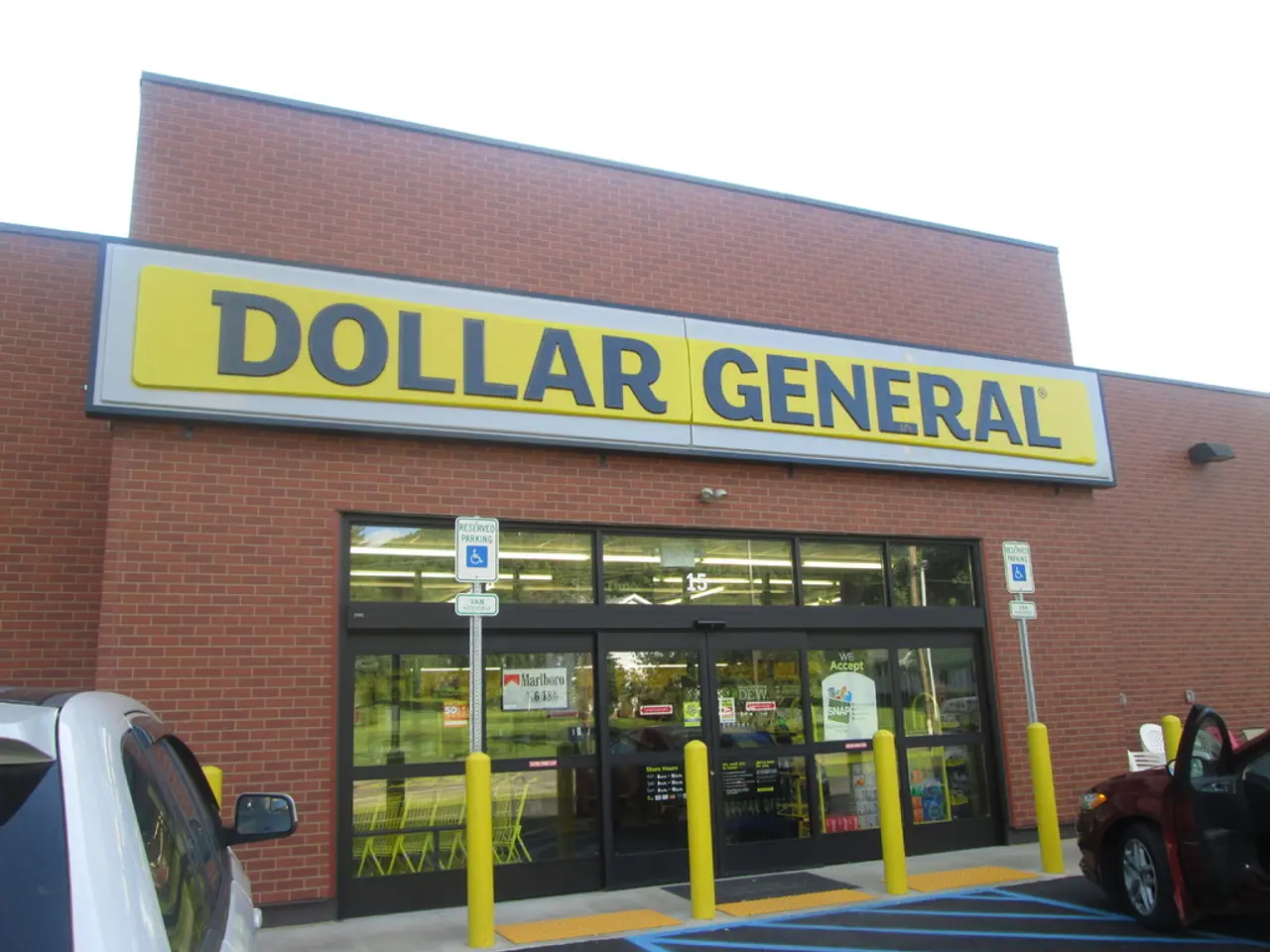Automotive Industry Shifts as Tesla Thrives Amidst Auto Tariffs Debate: Experts
Tariffs on Foreign-Made Cars Impact U.S. Automakers Differently
A new tariff on all foreign-made cars is set to begin next week, and it's shaking up the auto industry. However, the impact on U.S.-based electric vehicle (EV) manufacturers like Tesla and Rivian is different from traditional automakers like Ford and General Motors (GM).
Tesla, despite producing all its vehicles domestically, still faces tariff impacts due to many EV components, such as batteries, being imported. This leads to increased costs from parts tariffs rather than finished vehicle tariffs. Tesla's Chief Financial Officer (CFO) noted a significant tariff-related cost increase—about $300 million—with the majority linked to automotive components like batteries.
In contrast, traditional manufacturers like Ford and GM have more mixed manufacturing strategies. They produce some high-volume models in the U.S., reducing the tariff impact on these vehicles. However, they also import certain models or parts, making them vulnerable to the 25% tariffs on imported cars and parts that will be introduced in 2025.
These tariffs force traditional automakers to weigh costly factory investments in the U.S. to avoid tariffs versus absorbing or passing on tariff costs. They are also lobbying for tariff relief measures, such as temporary rebates for domestically assembled vehicles, to incentivize reshoring production.
U.S.-based EV makers, on the other hand, face a significant cost challenge due to tariffs on imported parts. Key EV components like batteries are often sourced globally, making it harder to fully avoid tariffs. Unlike internal combustion engine (ICE) components, EV parts supply chains are still developing domestic capacity.
The tariff move has caused concern among traditional automakers, who argue that it hurts both producers and consumers by raising vehicle prices and disrupting supply chains. They are lobbying for tariff relief measures.
Despite the broader industry concerns, most analysts still recommend buying Tesla stock. TD Cowen analyst Itay Michaeli said Tesla's strong U.S. supply chain helps, especially for the popular Model Y. Analysts believe that the tariff will hit most traditional carmakers hard, but Tesla, with its domestic production, is less vulnerable to international trade risks.
In the end, while traditional automakers face tariffs both on imported vehicles and parts, Tesla and U.S.-based EV makers primarily feel the tariff pinch through imported components critical to EV production, making their cost structure sensitive to parts tariffs even without importing finished cars.
*Stocks for Detroit automakers dropped on Thursday, while Tesla's shares jumped as high as 5% following the U.S. President Donald Trump's announcement of a 25% tariff on all foreign-made cars.
[1] [source1] [2] [source2] [3] [source3] [4] [source4] [5] [source5]
- The new tariff on foreign-made cars could potentially impact the broader transportation industry, particularly technology companies like Tesla, as they rely heavily on imported components, such as batteries, which could lead to increased costs due to parts tariffs.
- Unlike traditional automakers like Ford and General Motors (GM), U.S.-based EV makers, such as Tesla, primarily feel the tariff pinch through imported components critical to EV production, making their cost structure sensitive to parts tariffs even without importing finished cars. This difference in vulnerability to tariffs could alter their competitive standing in the automotive industry.




